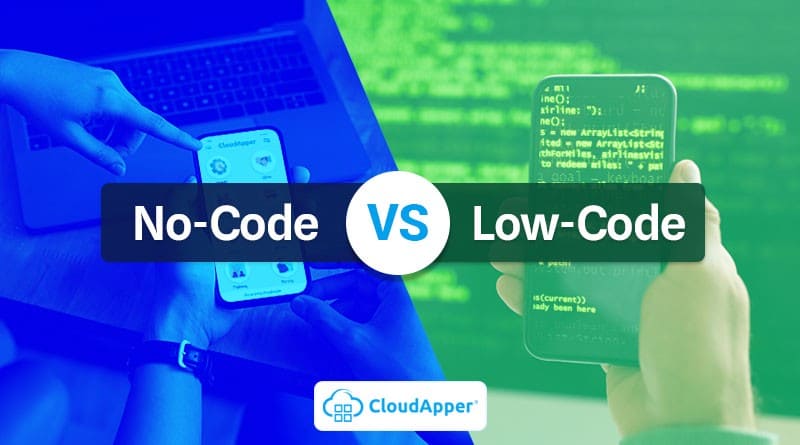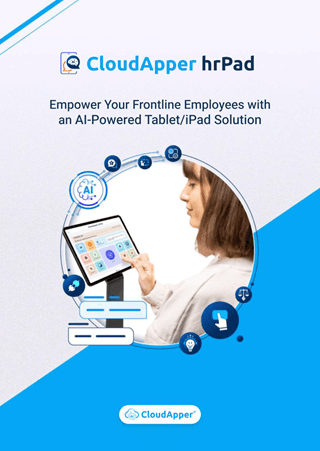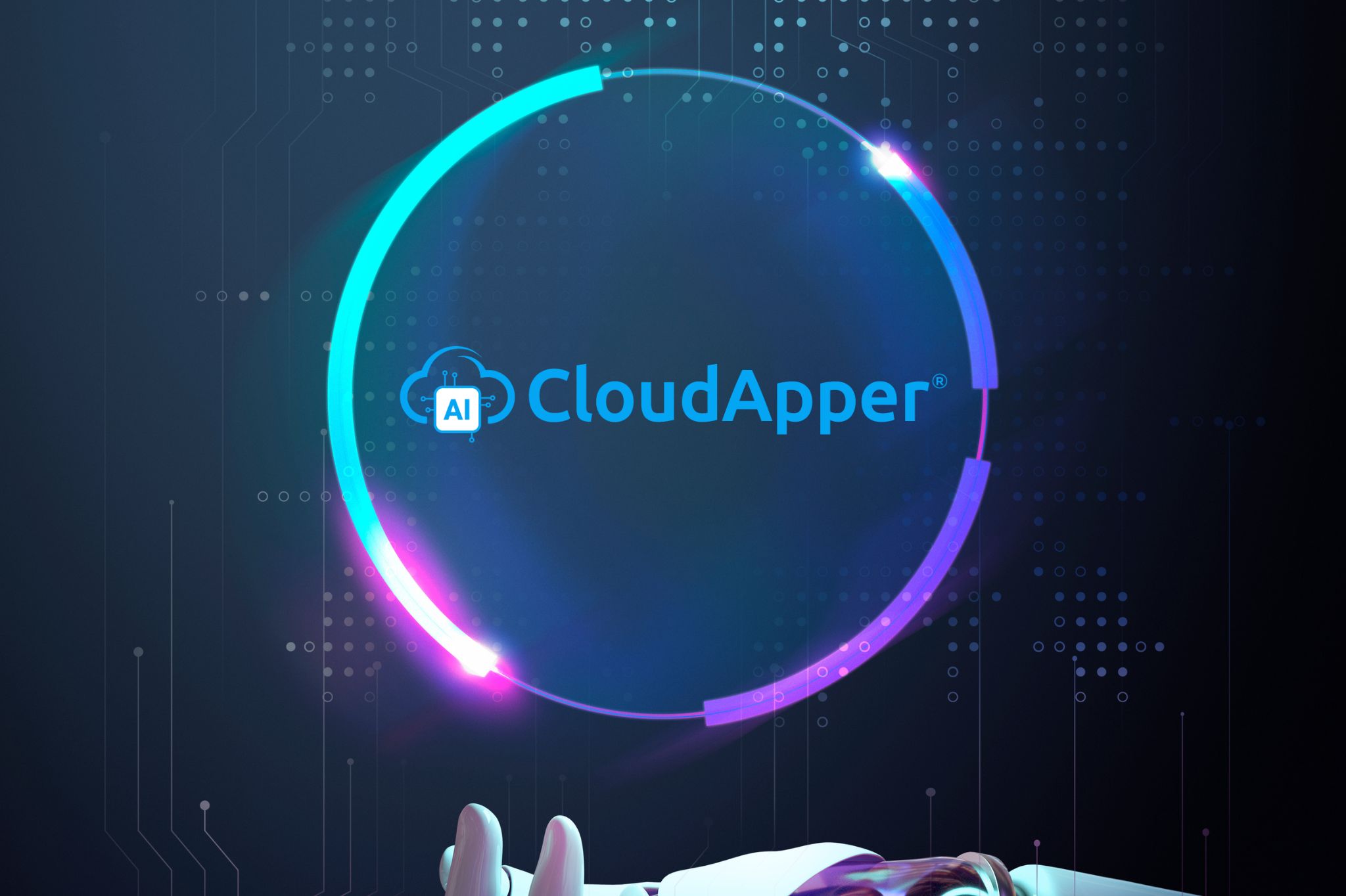Table of Contents
As the name would imply, the differences between no-code and low-code systems can appear obvious. Simply put, a no-code platform doesn’t rely on additional coding, whereas low-code systems require a low to medium level of knowledge for coding.
There are hundreds of no-code and low-code platforms available on the market. The distinction between such platforms appears to be based on practicality. While opinions vary on which platform is superior and delivers the greatest benefits, this article will examine some of the most influential factors to determine which best fits the user.
No-Code Platforms
No-code refers to the process of developing applications without the use of code. No-code is a platform that enables business professionals to build enterprise-grade applications without writing a line of code. As a result, these systems have sped up and adapted the development process in many circumstances. Businesses can quickly construct essential applications with the help of a no-code platform without needing to engage with developers or spend a large sum of money.
Low-Code Platforms
Low-code development is a technique that enables developers to construct apps with the least amount of hand-coding necessary. Low-code systems are appropriate for individuals who are already familiar with coding languages and who are comfortable with building apps in a graphical interface environment. Low-code enables developers to use their current expertise to create applications without having to manually code every repetitive component of the program while relying on sections of pre-written code to eliminate redundancies.
Discrepancies Between No-Code and Low-Code
While both no-code and low-code application development systems appear to be identical on the surface, there are several different factors to consider when deciding between no-code and low-code application development. The following topics summarize the distinctions between no-code and low-code systems.
-
Coding Errors
A key benefit of no-code systems is that they are immune to human errors resulting from hand-coding or manual coding, as users are not required to code at all, and all code has been fully analyzed prior to its release. By contrast, low-code systems may be more prone to errors while upgrading or replacing particular capabilities, resulting in potential faults and difficulties.
-
Coding Expertise
When it comes to requirements for coding expertise, no-code is the clear winner. Low-code systems require users to have a foundational knowledge of coding and a working knowledge of coding language(s). This may be challenging, as most non-technical personnel have no coding experience or knowledge of programming languages. On the other hand, no–code requires no prior knowledge of coding and enables users to develop apps by abstracting the coding element and replacing it with blocks of code that can be dragged and dropped to create the enterprise application they want.
-
Speed
No-code apps do not require any code to be written. This allows users to develop and deploy apps as quickly as possible. This enables entrepreneurs and small enterprises to develop a functional MVP as quickly as possible. By contrast, low-code development requires the creation of specific code for specific program components, which may result in significantly longer development times. Thus, no-code is preferable over low-code systems if you are looking for quick deployment.
-
Customization
No-code systems may limit the level of potential customization for pre-built apps and templates, resulting in repetitive or similar designs. This might represent an issue for those aiming to tailor an app to their business’s specific needs. By contrast, low-code application builders provide many additional customization options since users can code and modify the application as required. So, when it comes to personalization, low-code triumphs over no-code systems.
-
Security
Application security is fundamental to ensure that the company’s data doesn’t fall into the wrong hands. Individuals who use no-code platforms typically have more confidence in their final app since the platforms are always looking for the latest security standards. Nevertheless, low-code platforms can also maintain security standards, but there may be the potential for security breaches due to human error.
There are many factors that companies need to consider when deciding whether to use no-code or low-code platforms. Nevertheless, it’s crucial to consider that no-code platforms are typically more secure since there is no way for the app developer to write new, potentially vulnerable code.
-
Integration
Most low and no-code systems have various integration features. As the need for various types of applications increased, so did the demand for integration capabilities to guarantee that information and data flowed seamlessly between apps. Thus, the integration capabilities of both no-code and low-code platforms are key factors to consider.
Time to Decide Between No-Code and Low-Code
Thus far, we have attempted to outline the key fundamentals of no-code and low-code development. In our personal opinion, we conclude that no-code can accomplish everything that low-code can; you simply need to pick the most appropriate platform that is best suited for you and your business.
Nevertheless, there’s no single solution that’s ideal for every business. As such, you should always keep adaptability, simplicity of use, and the intricacy of the system in mind while making a selection to have the best chances of making a suitable choice for your system.
Choose CloudApper For Your Business
If you think no-code might be the right solution for your needs, CloudApper could be the ideal platform to get started. CloudApper combines an intuitive visual interface with a drag-and-drop editor, allowing developers to assist you in quickly creating the apps you need!
What is CloudApper AI Platform?
CloudApper AI is an advanced platform that enables organizations to integrate AI into their existing enterprise systems effortlessly, without the need for technical expertise, costly development, or upgrading the underlying infrastructure. By transforming legacy systems into AI-capable solutions, CloudApper allows companies to harness the power of Generative AI quickly and efficiently. This approach has been successfully implemented with leading systems like UKG, Workday, Oracle, Paradox, Amazon AWS Bedrock and can be applied across various industries, helping businesses enhance productivity, automate processes, and gain deeper insights without the usual complexities. With CloudApper AI, you can start experiencing the transformative benefits of AI today. Learn More

















